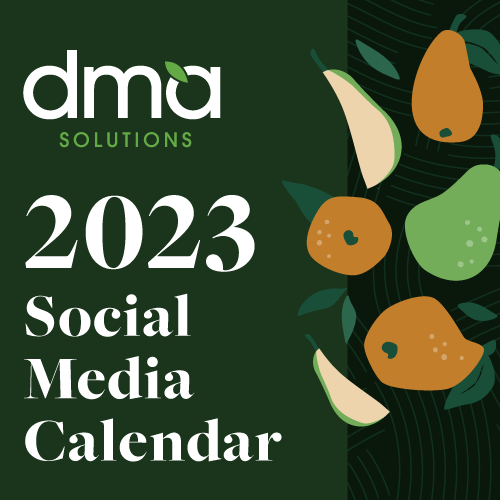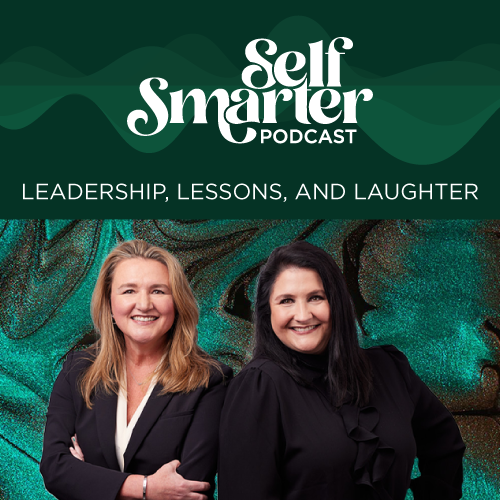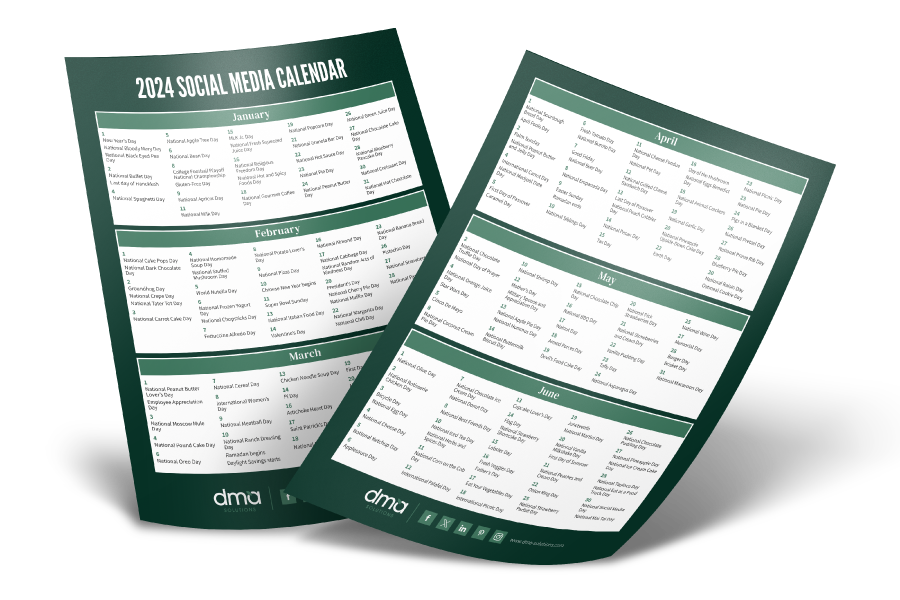“I’m all for the scissors. I believe more in the scissors than I do in the pencil.” – Truman Capote
As a writer-editor, I have heard many references to the supposed creative prowess required to mold exceptional pieces of writing, whether fiction, non-fiction, or an imaginative amalgamation of the two. However, editing is—in my opinion—more a science than some mysterious, intangible, inimitable art. Though we may not typically equate Twain and Tolkien with Tesla or Tycho (Brahe), further investigation demonstrates that the most accomplished literary figures in history very much embraced certain formulas for success, so to speak—and speak about them, they did.
If at First You Don’t Succeed…Well, You Know the Rest.
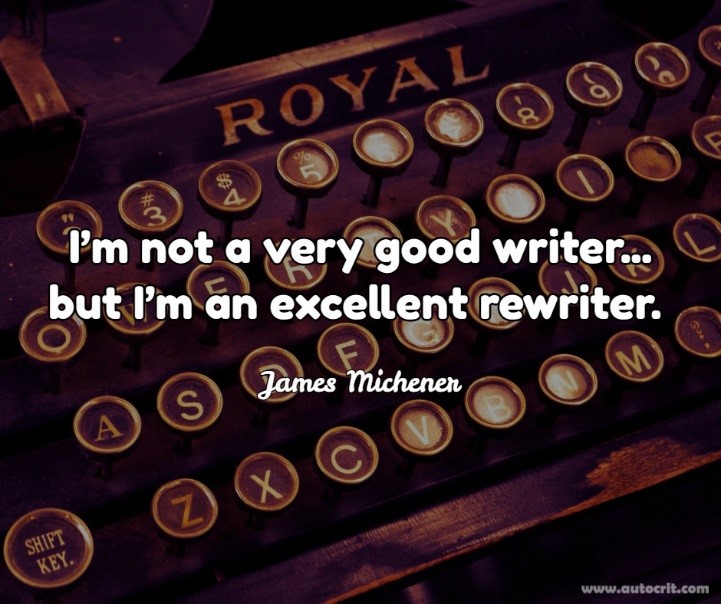
The above quote is attributed to James A. Michener, author of American classics like South Pacific. Yes, as in the Rodgers & Hammerstein musical South Pacific. That guy.
Michener maintained that he wasn’t a great writer, per se, but there was something he conceded to doing very well: he finished his drafts, and then he edited the heck out of them. In truth, this vital piece of advice concerns how to reach the editing stage at all: complete the first draft, no matter how bad you think it is. Or, as one helpful internet meme edit to the Nike slogan advises:
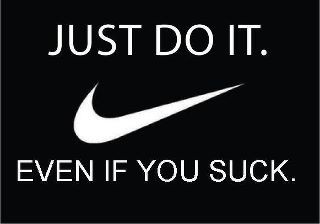
“Just do it. Even if you suck.” And then, of course, the real work begins.
Speak it Into Existence.
If you write, you have probably been advised to read your writing out loud to test flow. Laura Hillenbrand, author of works that include Seabiscuit and Unbroken, once said, “Good writing has a musical quality to it, a mathematical quality, a balance and a rhythm. You can feel that much better when it is read aloud.”
This is great advice, though it isn’t exactly plausible for those of us in offices with coworkers who—though wonderful—are not keen on bearing witness to monologues about the beautiful yet tragic nature of frost-kissed artichokes. Still, as you go through the editing process, it is helpful to fire up the ol’ imagination and mentally “read” your work to yourself—just like you would if, say, rehearsing a speech while taking the bus, or perhaps thinking back to what you *should have said* in that recent debate with your mother-in-law.
Always Listen to Stephen King (and Mrs. Fortner, too).
As my (brilliant) high school English teacher used to say, “Never use three words where two would suffice.” (I’m likely butchering her words, but I trust she’ll forgive the memory lapse given the many years since AP English Language!) Stephen King, reigning master of modifiers and all things description, stated in his book On Writing: A Memoir of the Craft that he cuts down on unnecessary words by using the following formula:
2nd draft = 1st draft -10%
(Editor’s Note: As the daughter of a math teacher, I must include that technically, this formula should read, “2nd draft = 1st draft –(1st draft*.1), where ‘draft’ refers to word count,” but you get the idea.)
Basically, make it standard practice to send at least 10% of the words from your first draft directly to the chopping block.
Adverb Issues? Solve Them By Cursing like Mark Twain!
(…but probably not if you want to keep your job.)
Adverbs, which elaborate on verbs, are intended to add color to your writing, but they should be used sparingly. If you find adverbs difficult to resist, here’s one possible fix:
“Substitute [expletive] every time you’re inclined to write ‘very;’ your editor will delete it and the writing will be just as it should be.”–Mark Twain
Twain was not the only famous writer with an aversion to adverbs, of course. Observe:
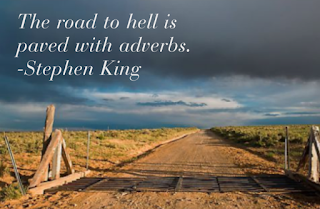
As King so eloquently explains (again in his aforementioned book On Writing):
“I believe the road to hell is paved with adverbs, and I will shout it from the rooftops. To put it another way, they’re like dandelions. If you have one in your lawn, it looks pretty and unique. If you fail to root it out, however, you find five the next day…fifty the day after that…and then, my brothers and sisters, your lawn is totally, completely, and profligately covered with dandelions. By then you see them for the weeds they really are, but by then it’s — GASP!! — too late.”
In a nutshell: if you have adequately explained each point in your writing, adverbs are often suddenly, surprisingly, and somewhat annoyingly but justifiably and completely understandably rendered unnecessary.
^Wouldn’t it have been preferable—and less confusing—to read, “Adverbs are often rendered unnecessary?”)
As Jack Kerouac has said, “One day I will find the right words, and they will be simple.”
Timeless Tips for Effective Writing and Editing
There’s one thing about writers that seems to be universal: we just don’t ever get tired of words, whether it’s writing them, reading them, writing about reading them, or reading about writing them (you get the idea). When it comes to refining my craft, here are some of my favorites from the latter category, courtesy of Glenn Leibowitz at Inc. and Zachary Petit at Writer’s Digest:
- The importance of reading:
- “Writing comes from reading, and reading is the finest teacher of how to write.”—Annie Proulx
- “If you don’t have time to read, you don’t have the time (or the tools) to write. Simple as that.” —Stephen King
- “Write. Rewrite. When not writing or rewriting, read. I know of no shortcuts.”—Larry L. King
- Writing for emotional effect (Anyone concerned with writing a compelling brand story, ad concepts, or social media content?):
- “No tears in the writer, no tears in the reader. No surprise in the writer, no surprise in the reader.” —Robert Frost
- “You write to communicate to the hearts and minds of others what’s burning inside you, and we edit to let the fire show through the smoke.” —Arthur Plotnik
- Fear of failure:
- “Get it down. Take chances. It may be bad, but it’s the only way you can do anything really good.” —William Faulkner
- “We are all apprentices in a craft where no one ever becomes a master.”—Ernest Hemingway
- Writing Flow:
- “The difference between the almost right word and the right word is … the difference between the lightning bug and the lightning.”—Mark Twain
- “If it sounds like writing, I rewrite it.” —Elmore Leonard
- “Always be a poet, even in prose.” —Charles Baudelaire
At the end of the day, remember that writing—especially the editing stage—is a process, and it won’t always come easily. The trick is to keep going and refuse to get discouraged. After all, according to Thomas Mann, a writer is just “someone for whom writing is more difficult than it is for other people.” Perhaps that means we’re all doing something right after all.
Have any favorite editing tips I didn’t include? Post a comment below or tweet us at @TheCoreBlog!
Want more copywriting insight? Check out our short series on copywriting tips for marketers.
{{cta(‘599cb395-8497-493c-830d-cc09cbf307b1’)}}

